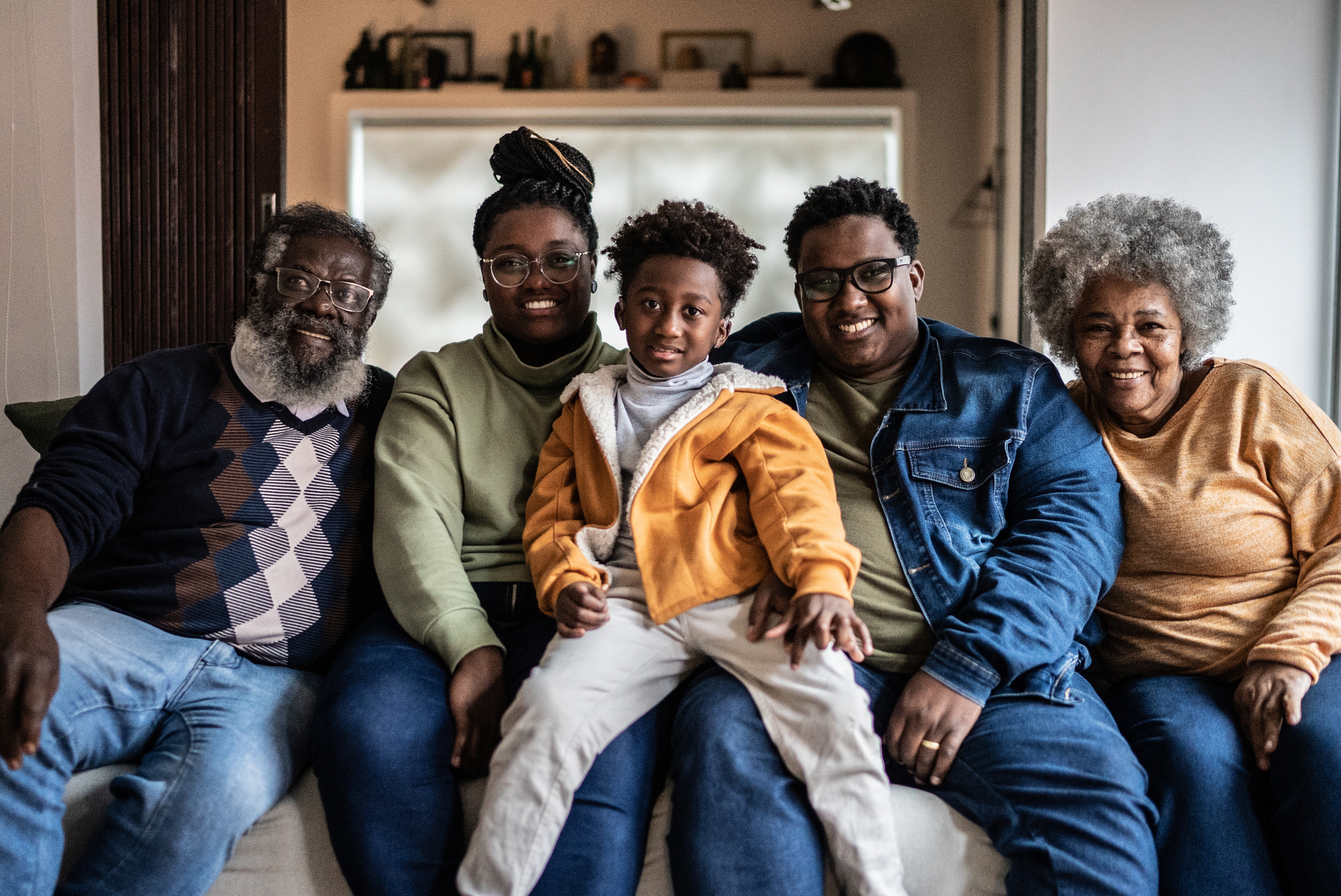Understanding autism: Breaking down the basics, addressing common misperceptions
Autism is a neurodevelopmental condition that can be described as a spectrum of needs and strengths across social interactions, communication and daily life, according to the Philadelphia Autism Project, 2025. While autism is often associated with children, it’s important to note that it is a lifelong condition. Many older adults and individuals with disabilities may also be on the autism spectrum. Each autistic person is affected differently.
Autism impacts people of all ages, races, ethnicities, and socioeconomic backgrounds, says the Philadelphia Autism Project, 2025. Some autistic individuals may require significant support, while other individuals with autism may live independently.
Person-first, identity first language
Philadelphia Corporation for Aging (PCA), publisher of Milestones, typically uses person-first language when referring to health or disabilities. However, throughout this article, you will see the use of both person-first language (example: individual with autism) and identity-first language (example: autistic person). In the autism community, many self-advocates prefer identity-first language because it is believed to be an inherent part of their identity. However, others believe the opposite and prefer person-first language. To be respectful of all members of the community, it is recommended that you always ask the individual which terminology they prefer.
Autism across the lifespan
Although autism is often diagnosed in childhood, many individuals remain undiagnosed until adulthood. This is particularly true for older adults who grew up when autism was less understood.
Recognizing autism in older adults can provide them with tools to understand themselves and access services better they may not have realized they needed.
Common misperceptions about autism
“All people with autism are the same.”
Autism is incredibly diverse. No two people with autism are alike. One person may excel in classes but struggle with social skills. At the same time, another may be highly empathetic yet sensitive to loud environments.
“Autism is a childhood condition.”
Autism doesn’t go away as people age. Older adults with autism may face unique challenges, such as navigating social relationships, maintaining employment, or living independently.
“People with autism lack empathy.”
This is a harmful stereotype. Many people with autism experience deep emotions and care for others, though they may express it differently.
“Autism is caused by vaccines.” This misconception has been widely debunked. Autism is a neurodevelopmental condition with genetic and environmental factors, not something caused by vaccinations.
“People with autism can’t work or live independently.” Many individuals with autism thrive in the workplace and live fulfilling independent lives.
Supporting those on the autism spectrum
Understanding autism helps to create inclusive communities that serve everyone, including older adults and people with disabilities.
Here are some ways we can support individuals on the spectrum:
• Listen and respect: Recognize and respect individual needs, communication styles and boundaries.
• Provide clear communication: Use straightforward language and avoid abstract expressions that may be hard to interpret.
• Create sensory-friendly spaces: Reduce harsh lighting, loud noises and other sensory triggers in public or communal areas.
• Encourage routines: Predictability can be reassuring for many individuals with autism.
By understanding autism and addressing common misconceptions, we can better serve our community and create spaces where everyone thrives.
For more information or resources about autism:
Philadelphia Autism Project supports individuals with autism and their families living in Philadelphia. For information: 215571-3209 | phillyAutismProject.org
The ASERT Collaborative is a statewide organization that offers resources for individuals, caregivers, family members, professionals and community members. For information: 1-877-231-4244 | PAAutism.org




